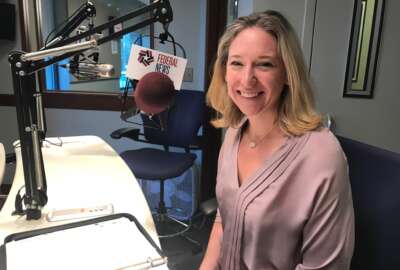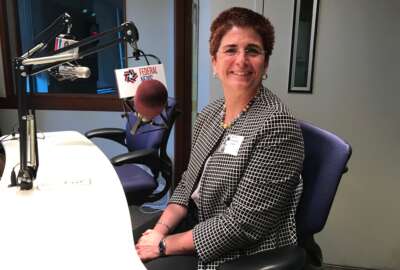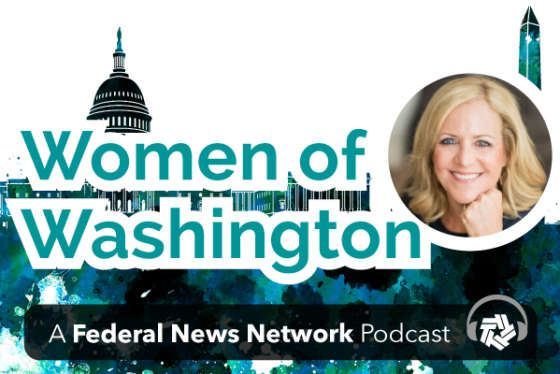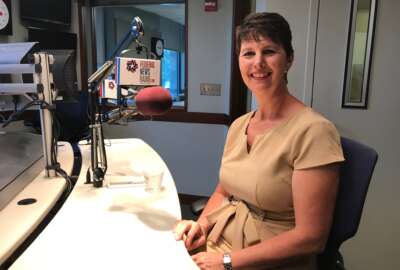
It’s OK to take the long way
On this episode of Women of Washington, Gigi Schumm welcomed Vicky Niblett, deputy assistant commissioner within the General Services Administration's Federal...
Best listening experience is on Chrome, Firefox or Safari. Subscribe to Women of Washington’s audio interviews on Apple Podcasts or PodcastOne.
If at first you don’t succeed, try something new.
On this episode of Women of Washington, Gigi Schumm welcomed Vicky Niblett, deputy assistant commissioner within the General Services Administration’s Federal Acquisition Service. In this role, she provides management and oversight of the Integrated Award Environment (IAE).
Niblett has never been a stranger to the federal government, as both her mother and grandmother were career employees. But before taking on her current role, she served as deputy product director within the Army’s Program Executive Office for Enterprise Information Systems (PEO EIS). Here she helped develop, deploy and manage satellite control systems.
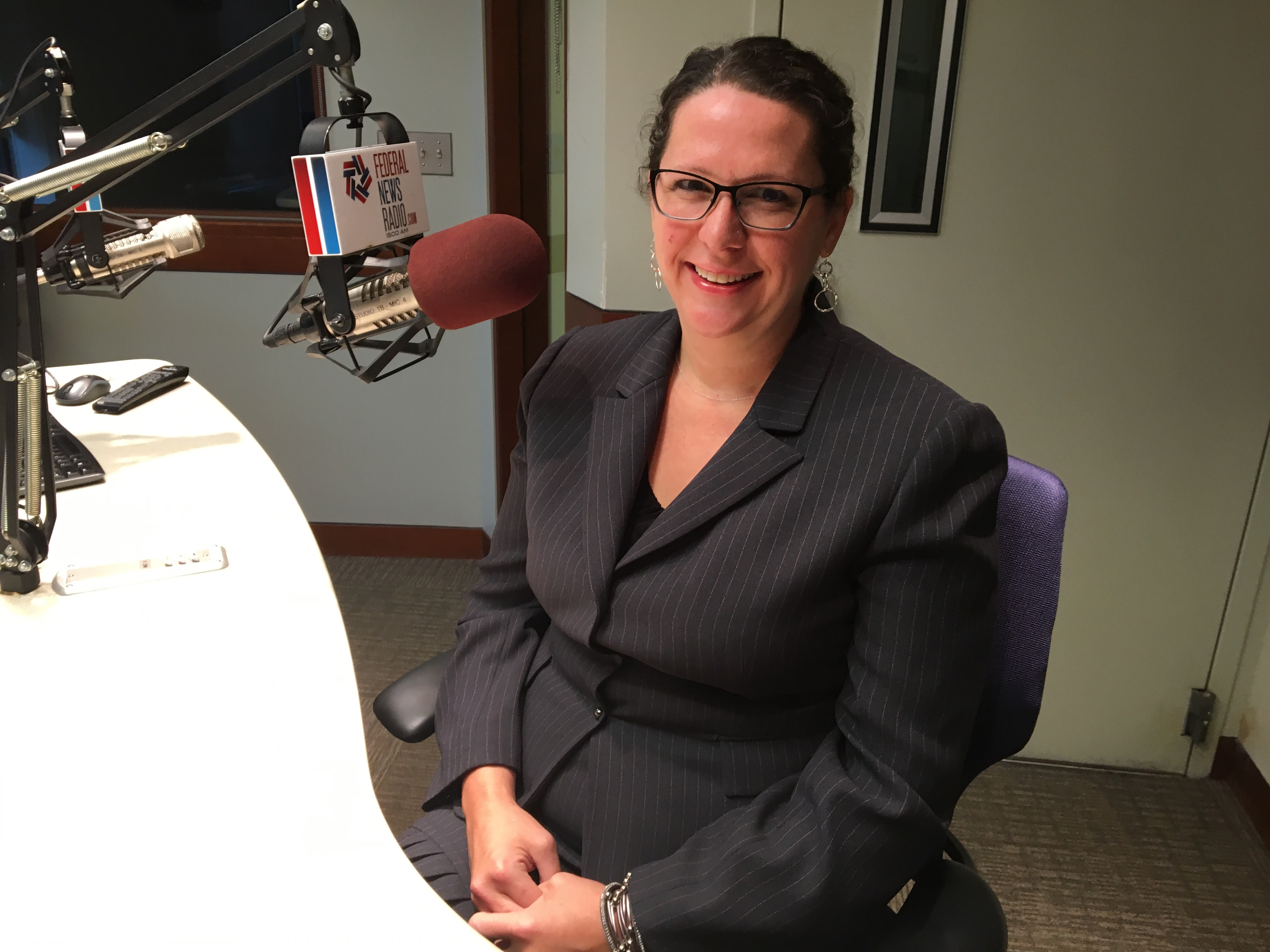
Before joining the federal workforce herself, Niblett was a contractor for NASA.
In her current role, her team manages 10 federally-mandated systems — such as SAM.gov and the federal procurement data system — across the government. The systems are used by those who make, receive or manage federal awards, including contracts, federal assistant grants, loans, etc.
GSA in general is notorious for its reliance upon legacy systems that have been in place for years. Niblett’s team is pushing an initiative to take the functionality of all of the systems and create one system for all.
“For example, if you’re a contracting officer you may have to go into five or six of our different systems with different usernames, different passwords, and do your job. So in and out, in and out,” she said. “So we’re creating one environment where you can come to a one-stop shop to do your job.”
They want to make these systems easier for the agencies, vendors and public to use, but also provide transparency into how funds are being used. She said it isn’t about throwing all of the old systems into the same box, but building a better system with the functionality of all these systems.
But, an organization has to be willing to try new things. Trial and error is very important.
“A lot of times people are really good at the strategy,” Niblett said. “But to break it down at the tactical level, that’s where a lot of these large IT modernization efforts fail. You can have all the strategy in the world, but [then] you can’t figure out how to actually implement it.”
Being raised by a single mother of six, Niblett is an advocate for women and minorities. She said she currently mentors many young women in her agency.
One of the areas the government excels beyond the private sector is in the promotion of minorities and women. As someone who has worked for the public and private sectors in a variety of roles, Niblett said the private sector could benefit from recognizing talented women and minorities within their own agencies and bringing them through the ranks, potentially into leadership positions.
Passion first
“I think we all need to make the mistakes that we’re going to make in order to learn. I’m glad I made a lot of mistakes early in my career … because now in this position I am where I can’t afford to make them as easy. I’ve already made them,” she said.
Niblett made a promise to herself right after college that she would never take a job she didn’t enjoy. And she said she owes a lot of her confidence to one woman who worked for the federal government —at both career and leadership levels — for her entire life, and most wouldn’t even know by name. Who was it? Her grandmother.
“I’ll always remember something my grandmother said to me shortly before she passed away,” Niblett said. “She said, ‘don’t ever let anyone take away your rights as a woman, because I worked really hard to get those for you.’ So, I’ll always remember that in everything I do … I want to help promote women in leadership roles and just women in general.”
It’s true that we may not know the impact that we will have on those around us or history in general. But Niblett said it’s important to enjoy what you do, even if it means taking the long way to get there. It’s OK not to immediately know at your high school or college graduation what you want to do for the rest of your life.
“Take it a step at a time. Start a job, see what you like,” she said. “It’s kind of like if you were to go to drive to California. Do you need to know every turn that you’re going to take to get there? No. You just need to know the few turns you’re going to take right now.”
She said you’ll find your way once you find something you’re truly passionate about.
Copyright © 2025 Federal News Network. All rights reserved. This website is not intended for users located within the European Economic Area.
Steff Thomas is a digital editor at Federal News Network.




